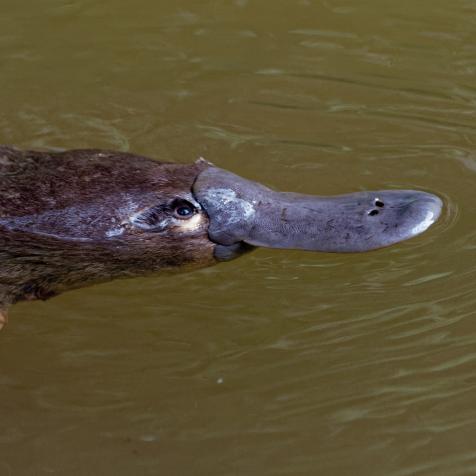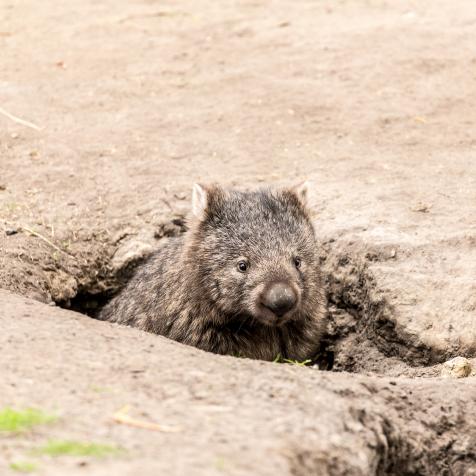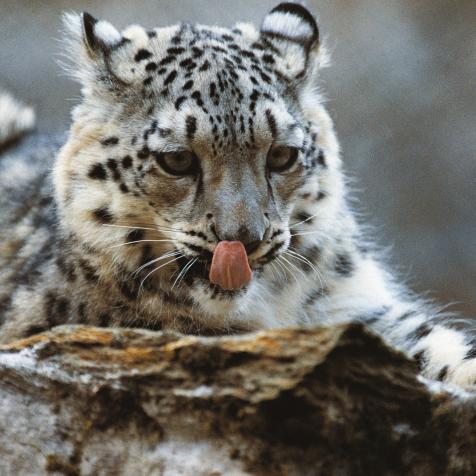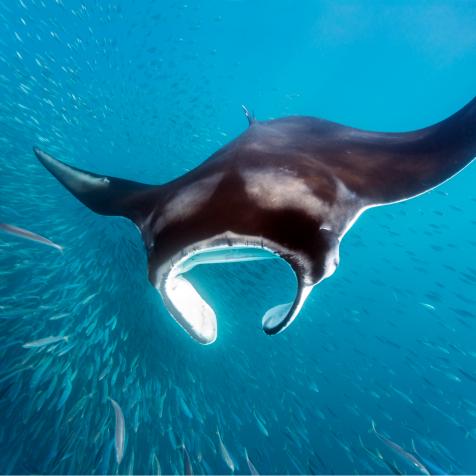
These 7 Traits Make You Irresistible to Mosquitoes
If you're like us, then you can't help but notice that every time you go out into the wilderness with your friends, you end up making a lot more friends — buzzy, annoying, blood-sucking friends. Why is it that mosquitoes seem to gravitate toward certain members of a group and let the others go (relatively) unbitten? As it turns out, there are a lot of factors behind a mosquito's decision to bite. Some of them you can control, but some you can't.
Bites You Can Prevent
We're not talking about methods to keep mosquitoes at bay here. We're talking about the ways that you might be accidentally attracting them to begin with. Here are some of the habits you've got that are flashing a "Free Blood Here!" sign.
- Drinking booze. According to a 2002 study in the Journal of American Mosquito Control, just drinking a single beer was enough to make a body a whole lot more attractive to roving mosquitoes. At your next backyard barbecue, maybe you should serve the cold ones in an enclosed patio.
- Working out. As it turns out, a lot of the things that happen to your body when you exercise are the mosquito equivalent of that french fry smell they pump outside of fast-food restaurants. Lactic acid, body odor, and chemicals found in human sweat all attract skeeters. That day-long hike might be fun, but it also makes for a mosquito free-for-all.
- Fashion choices. Yes, mosquitoes have opinions on your sartorial taste. When you wear something bold and dark — like blue, black, or red — you make yourself stand out to predatory insects. That's especially true if you're the only one in the group doing so.

Bites You've Got to Live With
Unfortunately, there are some things about yourself that you're just going to have to live with. You can't change your blood, you can't change your genes, and you can't change the gases that you exhale. Here are the cold, hard, biological facts that you're just going to have to live with.
- Blood type. Type-O blood is one of the most valuable types during a blood drive, but it's also the most delicious to mosquitoes that might be flying by. The least attractive? It's type A.
- Carbon dioxide. Mosquitoes are attracted to carbon dioxide, which makes sense since it's a sign that there's live prey nearby. Not much to do about that except hold your breath. (Good luck with that).
- Antigen secretions. Your genes determine whether you're a secretor, a term that refers to people whose blood type antigens seep into their saliva, sweat, and such. About 80 percent of people are, and that 80 percent is more attractive to mosquitoes.
- Skin bacteria. This is a pretty nuanced one, but the diversity and population of the bacteria that live on your skin can have a big effect on mosquitoes. According to a 2011 study, it's not just a matter of how much bacteria you've got. If you have a lot of one type of bacteria, mosquitoes will go gaga for it. But if you've got the same amount of bacteria spread across many different species, the airborne bloodsuckers will be a lot less impressed. Diverse microbiomes for the win.
This article first appeared on Curiosity.com.


















